Resource

United States Congress | 42 US Code Chapter 126
Equal Opportunity for Individuals w Disabilities
The Congress finds that—physical or mental disabilities in no way diminish a person’s right to fully participate in all aspects of society, yet many people with physical or mental disabilities have been precluded from doing so because of discrimination; others who have a record of a disability or are regarded as having a disability also have been subjected to discrimination;
Historically, society has tended to isolate and segregate individuals with disabilities, and, despite some improvements, such forms of discrimination against individuals with disabilities continue to be a serious and pervasive social problem;
It is the purpose of this chapter—to provide a clear and comprehensive national mandate for the elimination of discrimination against individuals with disabilities;
To provide clear, strong, consistent, enforceable standards addressing discrimination against individuals with disabilities.
To ensure that the Federal Government plays a central role in enforcing the standards established in this chapter on behalf of individuals with disabilities; and
To invoke the sweep of congressional authority, including the power to enforce the fourteenth amendment and to regulate commerce, in order to address the major areas of discrimination faced day-to-day by people with disabilities.

Resources | National Association of the Deaf
The National Association of the Deaf (NAD) is the nation’s premier civil rights organization of, by and for deaf and hard of hearing individuals in the United States of America.
Established in 1880, the NAD was shaped by deaf leaders who believed in the right of the American deaf community to use sign language, to congregate on issues important to them, and to have its interests represented at the national level.
The advocacy scope of the NAD is broad, covering a lifetime and impacting future generations in the areas of early intervention, education, employment, health care, technology, telecommunications, youth leadership, and more – improving the lives of millions of deaf and hard of hearing Americans.
Videophone
Purple/ZVRS: 301-587-1788
Sorenson: 301-328-1443
Convo: 301-338-6380
TTY: 301-810-3182
Fax: 301-587-1791
Email: nad.info@nad.org
Mailing Address:
National Association of the Deaf
8630 Fenton Street, Suite 820
Silver Spring, MD 20910
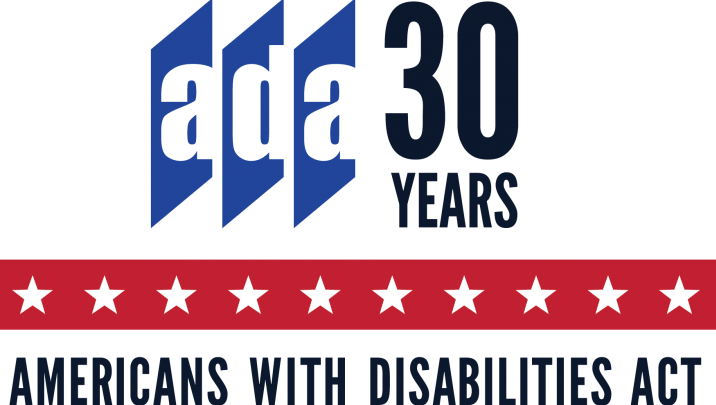
How the ADA Applies to Businesses
As a business owner or operator, or someone thinking about opening a business, you may have wondered what you have to do to comply with the Americans with Disabilities Act (ADA). This course explains how the ADA applies to businesses in ten short lessons.
Putting these lessons into practice will allow you to comply with the ADA and welcome a whole new group of customers to purchase your goods, products, and services.
And you may find that making your business more accessible and welcoming to people with disabilities is not as difficult as you thought. This huge customer market can represent additional business and profit for your enterprise. The course will help you learn how to attract and successfully provide your services to this market.
To make this course easier to fit into your busy schedule, we divided it into individual lesson modules. Go though the lessons at your own pace, and as your time allows. As you progress through the course, you will find links to additional information, but you can also access a wealth of information by visiting the ADA Website at www.ada.gov.
Or you can call the ADA Information Line at 800-514-0301 (voice) or 800-514-0383 (TTY) to speak to an ADA specialist if you have questions about a specific situation.
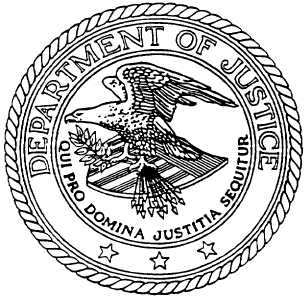
ADA Business Brief: Communicating With The Deaf | US Dept. of Justice – Civil Rights Division
Under the Americans with Disabilities Act (ADA), hospitals must provide effective means of communication for patients, family members, and hospital visitors who are deaf or hard of hearing.
The ADA applies to all hospital programs and services, such as emergency room care, inpatient and outpatient services, surgery, clinics, educational classes, and cafeteria and gift shop services. Wherever patients, their family members, companions, or members of the public are interacting with hospital staff, the hospital is obligated to provide effective communication.
Exchanging written notes or pointing to items for purchase will likely be effective communication for brief and relatively simple face-to-face conversations, such as a visitor’s inquiry about a patient’s room number or a purchase in the gift shop or cafeteria.
Written forms or information sheets may provide effective communication in situations where there is little call for interactive communication, such as providing billing and insurance information or filling out admission forms and medical history inquiries.
For more complicated and interactive communications, such as a patient’s discussion of symptoms with medical personnel, a physician’s presentation of diagnosis and treatment options to patients or family members, or a group therapy session, it may be necessary to provide a qualified sign language interpreter or other interpreter.
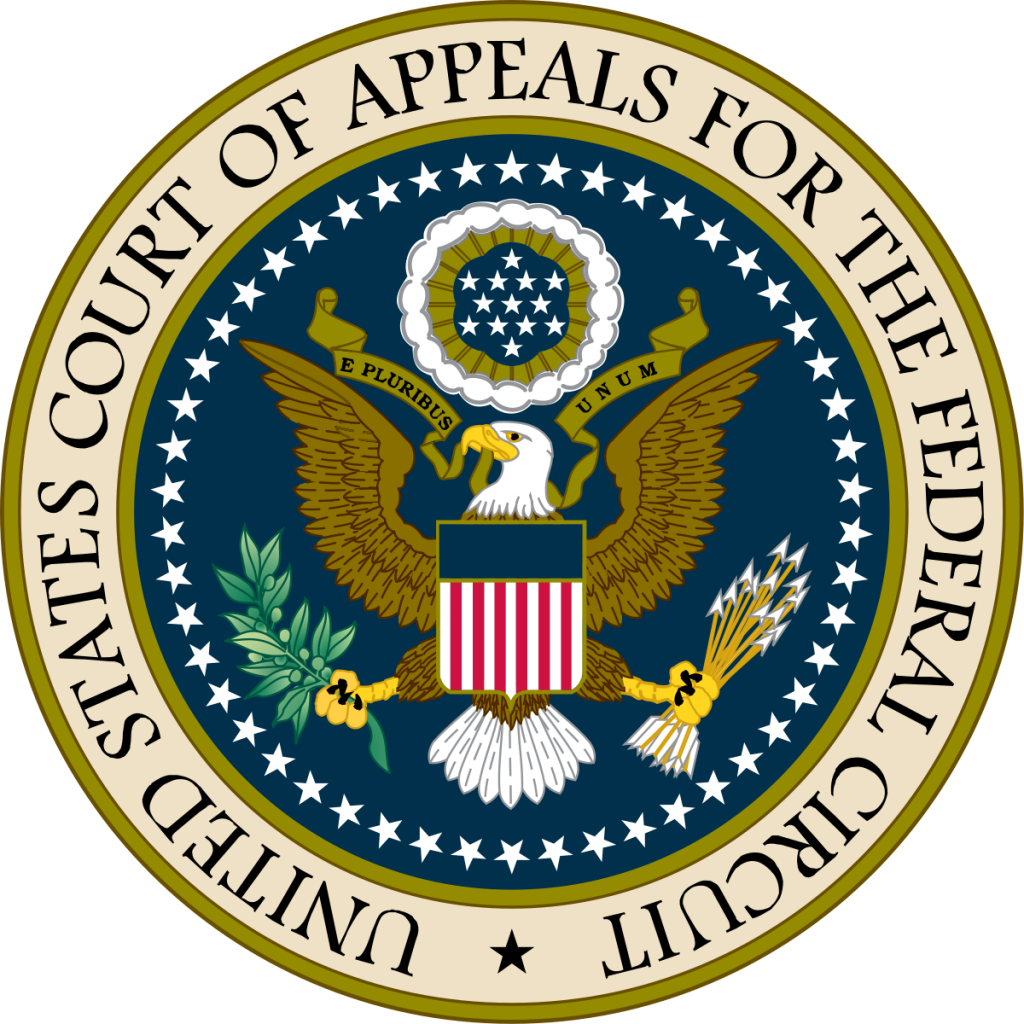
The Eleventh Circuit Court of Appeals Defines Effective Communication
Recently, the Eleventh Circuit Court of Appeals defined “effective communication” in a medical setting. The court stated as follows:
There can be no question that the exchange of information between doctor and patient is part-and-parcel of healthcare services.
Thus, regardless of whether a patient ultimately receives the correct diagnosis or medically acceptable treatment, that patient has been denied the equal opportunity to participate in healthcare services whenever he or she cannot communicate medically relevant information effectively with medical staff.
It is not dispositive that the patient got the same ultimate treatment that would have been obtained even if the patient were not deaf.”

Housing and Urban Development | Communication
Under Section 504 of the Rehabilitation Act and the Americans with Disabilities Act, recipients of HUD financial assistance, state and local governments, health care facilities, group homes, assisted living facilities, colleges and universities, and housing rental and sales offices, among others, have the legal obligation to take appropriate steps to ensure effective communications with individuals with disabilities.
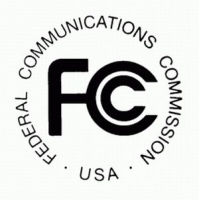
Must a | HHS.GOV
Vestibulum ac diam sit amet quam vehicula elementum sed sit amet dui. Lorem ipsum dolor sit amet, consectetur adipiscing elit. Vivamus suscipit tortor eget felis porttitor volutpat.
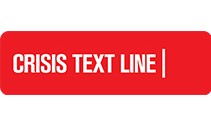
Crisis Text Line | Accessible Crisis Text Line
Text HOME to 741741 from anywhere in the United States, anytime. Crisis Text Line is here for any crisis. A live, trained Crisis Counselor receives the text and responds, all from our secure online platform. The volunteer Crisis Counselor will help you move from a hot moment to a cool moment.
UK: 85258 | Ireland: 50808 | Or connect with Facebook
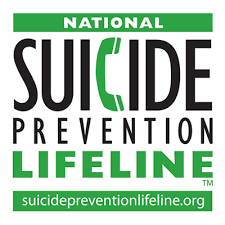
Suicide Prevention Lifeline | Deaf, Hard of Hearing, Hearing Loss
The network of crisis centers offers many services for people who are deaf and hard of hearing, including veterans.
If you are a Veteran or service member with hearing loss, or any person concerned about someone who is, there are several ways to contact the Veterans Crisis Line:
Veteran Crisis Line responder – Text 838255
Phone: 1-800-273-8255

Disability Rights Office | FCC
The Disability Rights Office addresses disability-related matters, including access to telecommunications services and equipment; hearing aid compatibility; access to advanced communications services and equipment; access to Internet browsers built into mobile phones; telecommunications relay services; the National Deaf-Blind Equipment Distribution Program; accessible video programming and video programming apparatus (access to televised emergency information, closed captioning on television and television programs on the Internet, audio description, and accessible user interfaces, text menus, and program guides).
The Disability Rights Office provides expert advice and assistance to other Commission bureaus and offices, consumers, industry and others on issues relevant to persons with disabilities. The Disability Rights Office initiates rulemaking where appropriate.
Phone (Voice): 202-418-2517
Videophone: 844-432-2275
Email: DRO@fcc.gov

Telecommunications Relay Service – TRS
Vestibulum ac diam sit amet quam vehicula elementum sed sit amet dui. Lorem ipsum dolor sit amet, consectetur adipiscing elit. Vivamus suscipit tortor eget felis porttitor volutpat.
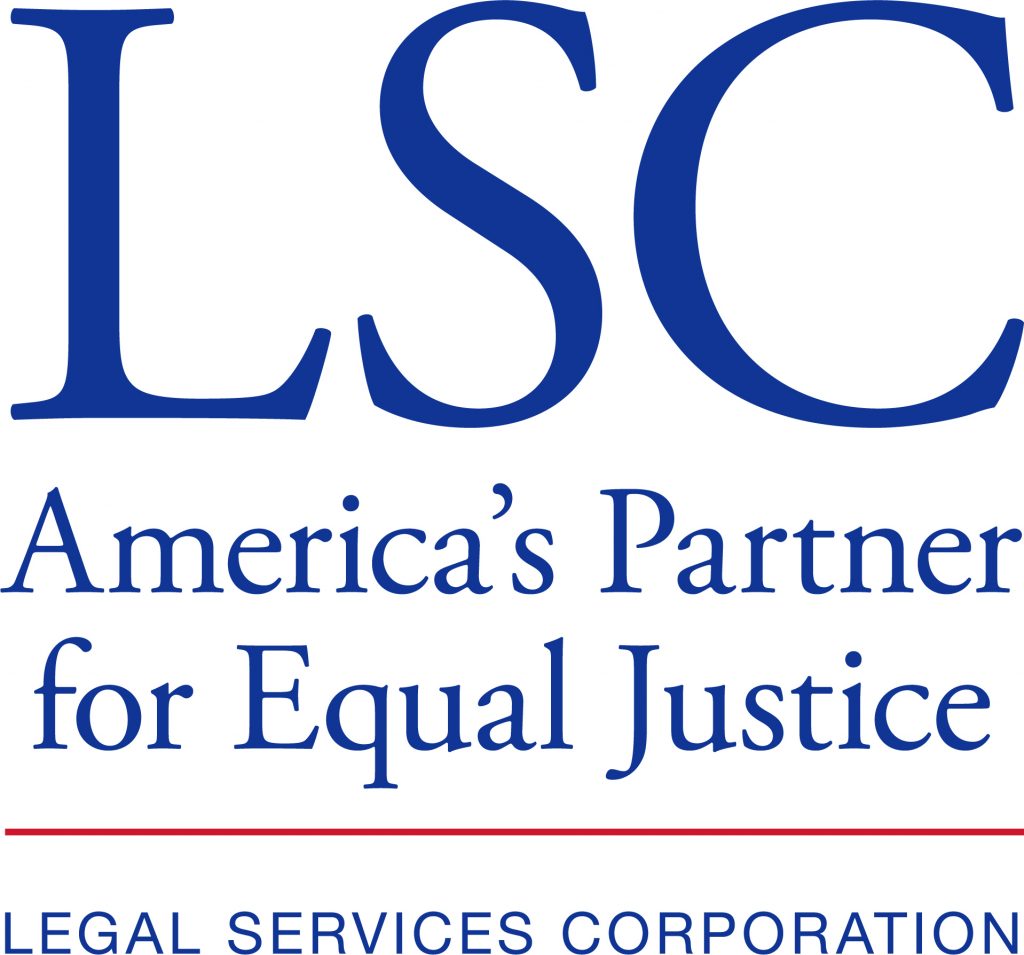
Legal Services Corporation | Find Legal Aid Tool
LSC is an independent nonprofit established by Congress in 1974 to provide financial support for civil legal aid to low-income Americans. The Corporation currently provides funding to 132 independent nonprofit legal aid organizations in every state, the District of Columbia, and U.S. Territories.

Resources | American Society for Deaf Children
Vestibulum ac diam sit amet quam vehicula elementum sed sit amet dui. Lorem ipsum dolor sit amet, consectetur adipiscing elit. Vivamus suscipit tortor eget felis porttitor volutpat.
Reporting ADA Violations
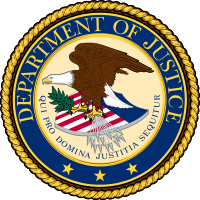
US DEPT OF JUSTICE
CIVIL RIGHTS DIVISION
Phone: (888) 848-5306
THE FEDERAL COORDINATION AND COMPLIANCE SECTION
TO FILE A COMPLAINT:
OPTION 1:
CLICK THE LINK BELOW
OPTION 2:
Print and fill out [Complaint Form] From this Link:
Keep a copy for your records, mail all required forms to the postal address below:
Federal Coordination and Compliance Section – NWB
Civil Rights Division
U.S. Department of Justice
950 Pennsylvania Avenue, N.W.
Washington, D.C. 20530
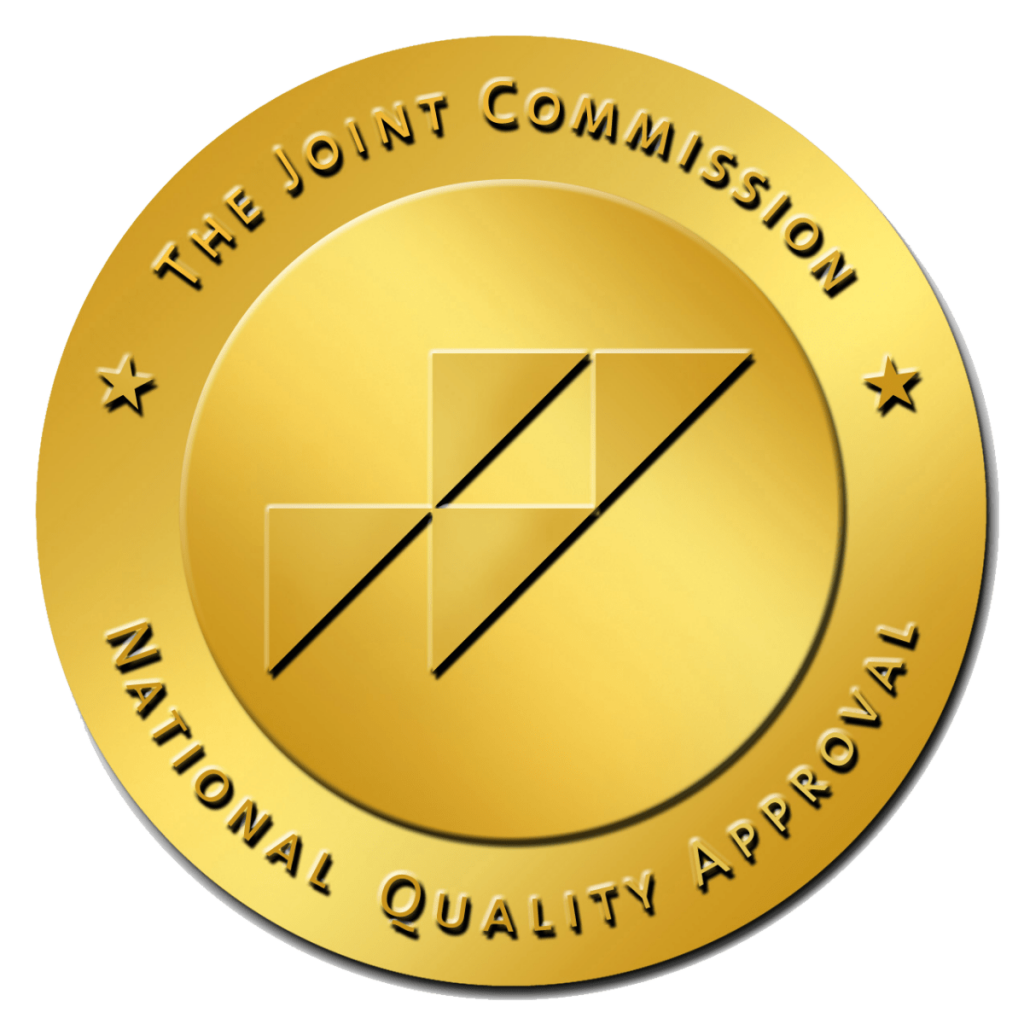
THE JOINT COMMISSION
Phone: 630-792-5800
Fax: 630-792-5636
OFFICE OF QUALITY AND PATIENT SAFETY
When reporting a safety event to The Joint Commission, you may submit anonymously.
Keep all evidence of claims.
Postal Address:
OFFICE OF QUALITY AND PATIENT SAFETY
The Joint Commission
One Renaissance Boulevard
Oakbrook Terrace, Illinois 60181
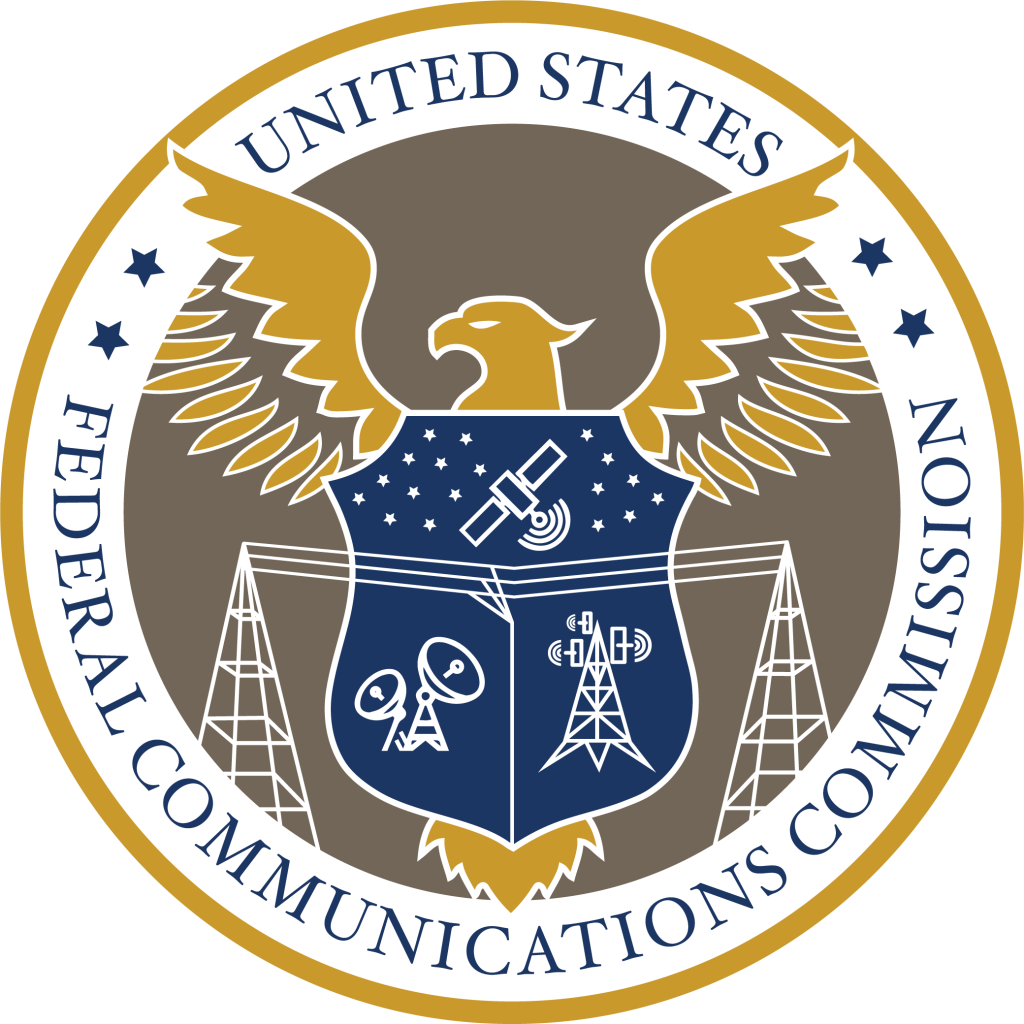
FEDERAL COMMUNICATIONS COMMISSION
Phone: 1-888-225-5322
1-(888)-CALL-FCC
ASL Consumer Support Line
Phone: 1-844-432-2275
Phone: 1-202-810-0444
Curabitur aliquet quam id dui posuere blandit. Sed porttitor lectus nibh.
